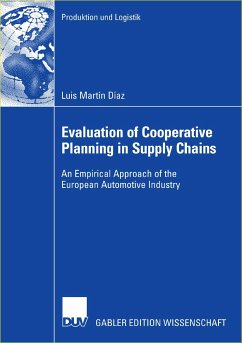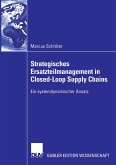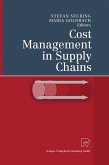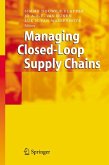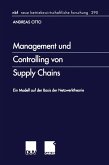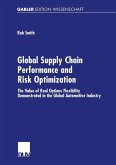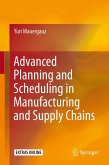Modern literature has heralded the "Era of Network Competition" in which cooperating networks and not individual firms seek to attain competitive advantages. Supply chains in the automotive industry provide a good example of such cooperative environments which are characterized by a division of labor and where almost no final product is produced and sold by just one company alone. Luis Martín Díaz shows why some companies are still reluctant to cooperate with partners in the supply chain even though it may be advantageous to them. Based on both an extensive survey within the European automotive industry and a comprehensive case study of the Audi AG corporation, he proposes solutions to this paradox and describes a prototype for the assessment of the added-value of cooperation. His evaluation of the benefits of cooperative planning is a significant contribution to the process of designing collaborative planning activities in supply chains.
Dieser Download kann aus rechtlichen Gründen nur mit Rechnungsadresse in A, B, BG, CY, CZ, D, DK, EW, E, FIN, F, GR, HR, H, IRL, I, LT, L, LR, M, NL, PL, P, R, S, SLO, SK ausgeliefert werden.

